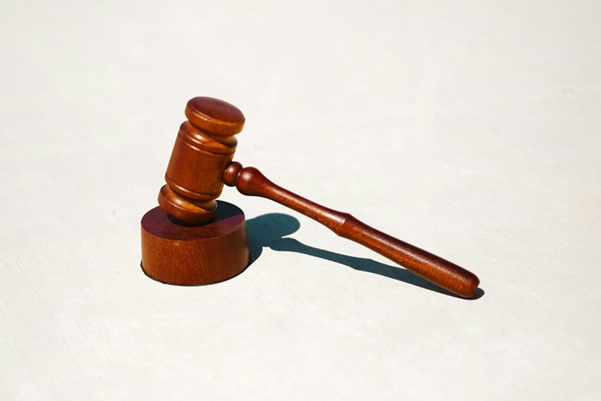International law is a set of rules and principles that govern the relationships between nations, international organizations, and individuals. Its main objective is to promote peaceful coexistence among nations, ensure justice for all, and protect human rights worldwide. In this article, we’ll explore the vital role of international law in promoting peace, justice, and human rights.
Peace
International law plays a crucial role in promoting peace globally. One of the essential functions of international law is to provide a framework for countries to resolve their disputes peacefully. For example, the United Nations Charter requires countries to settle their disputes peacefully and not resort to the use of force. The International Court of Justice serves as a forum for settling disputes between states, and its decisions are binding. Through these institutions, international law helps prevent conflicts that could destabilize countries and entire regions.

Additionally, international law supports peacekeeping efforts and helps countries transition from conflict to stability. The UN Security Council authorizes peacekeeping missions in areas where violence and conflict are ongoing. Peacekeeping forces help protect civilians, facilitate the delivery of humanitarian aid, and build lasting peace structures. For example, the UN has helped countries like Liberia, Sierra Leone, and Timor-Leste transition from war to stability through peacekeeping missions.
Justice
International law also plays a crucial role in promoting justice. It provides a framework for holding individuals accountable for crimes against humanity, war crimes, and genocide. The International Criminal Court (ICC) is a permanent tribunal that tries individuals accused of these crimes. Its jurisdiction extends to any country that has ratified the Rome Statute, which created the Court. The ICC serves as a deterrent to those who commit crimes against humanity and promotes accountability for those responsible.
Apart from the ICC, international law regulates the conduct of warring parties to minimize the harm caused to civilians and combatants. For example, the Geneva Conventions provide protections for prisoners of war, wounded soldiers, and civilians in conflict zones. International law also prohibits the use of certain weapons, such as chemical and biological weapons, that cause indiscriminate harm to civilians.
Human Rights
International law is instrumental in promoting and protecting human rights worldwide. It sets a universal standard for human rights that all countries are expected to respect and protect. International human rights law recognizes that all people are entitled to certain rights, regardless of their nationality, race, gender, religion, or political beliefs.

International human rights law also creates mechanisms for monitoring and reporting on the human rights situation in countries worldwide. UN human rights bodies, such as the Human Rights Council and the Office of the High Commissioner for Human Rights, help monitor and report on human rights abuses worldwide. They also work with governments, civil society organizations, and individuals to promote and protect human rights.
International law plays a vital role in promoting peace, justice, and human rights worldwide. It helps prevent conflict, promotes accountability for those who commit crimes against humanity, and creates a universal standard for human rights. By upholding these principles, international law contributes to a more just and peaceful world for all.





